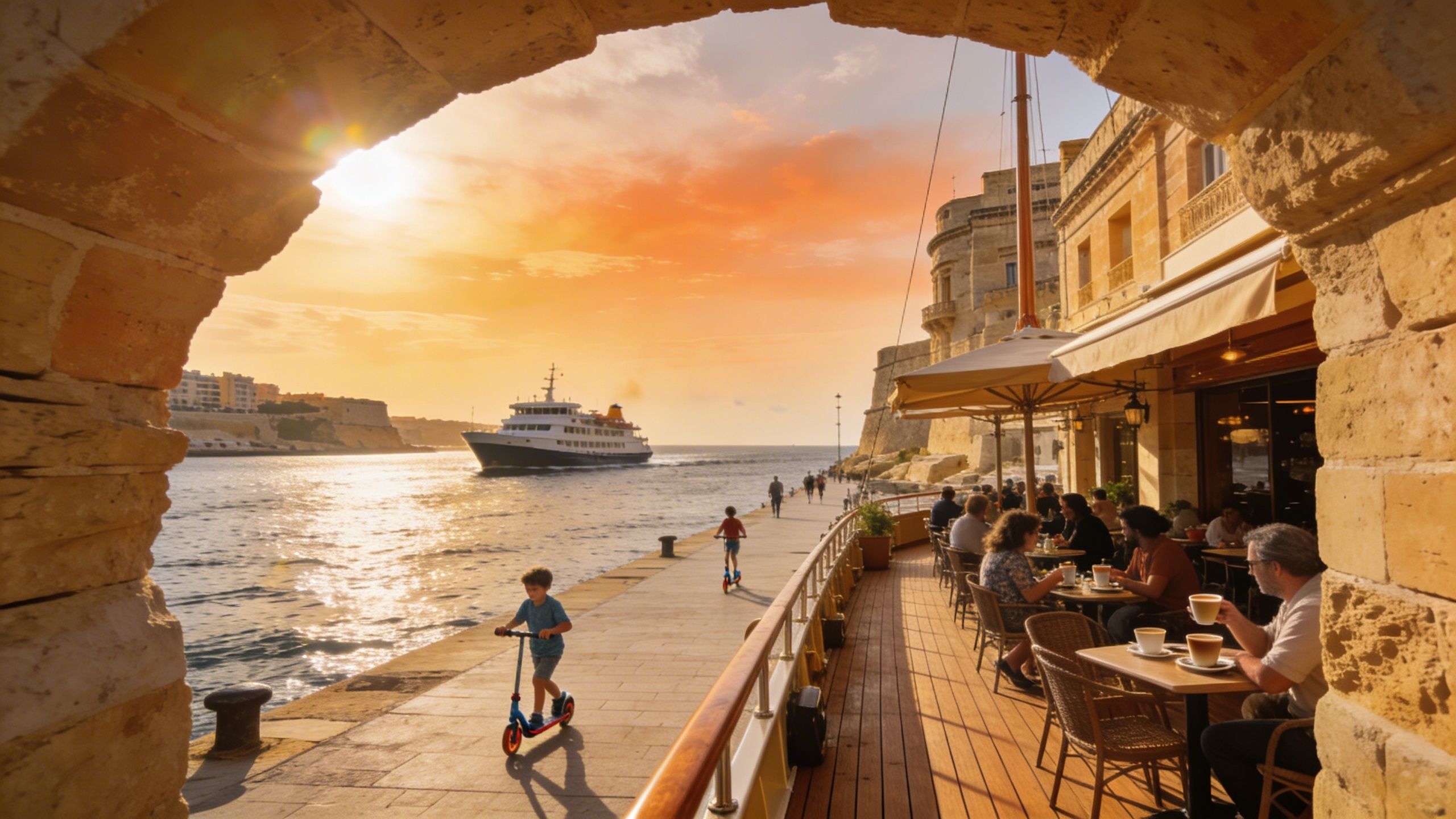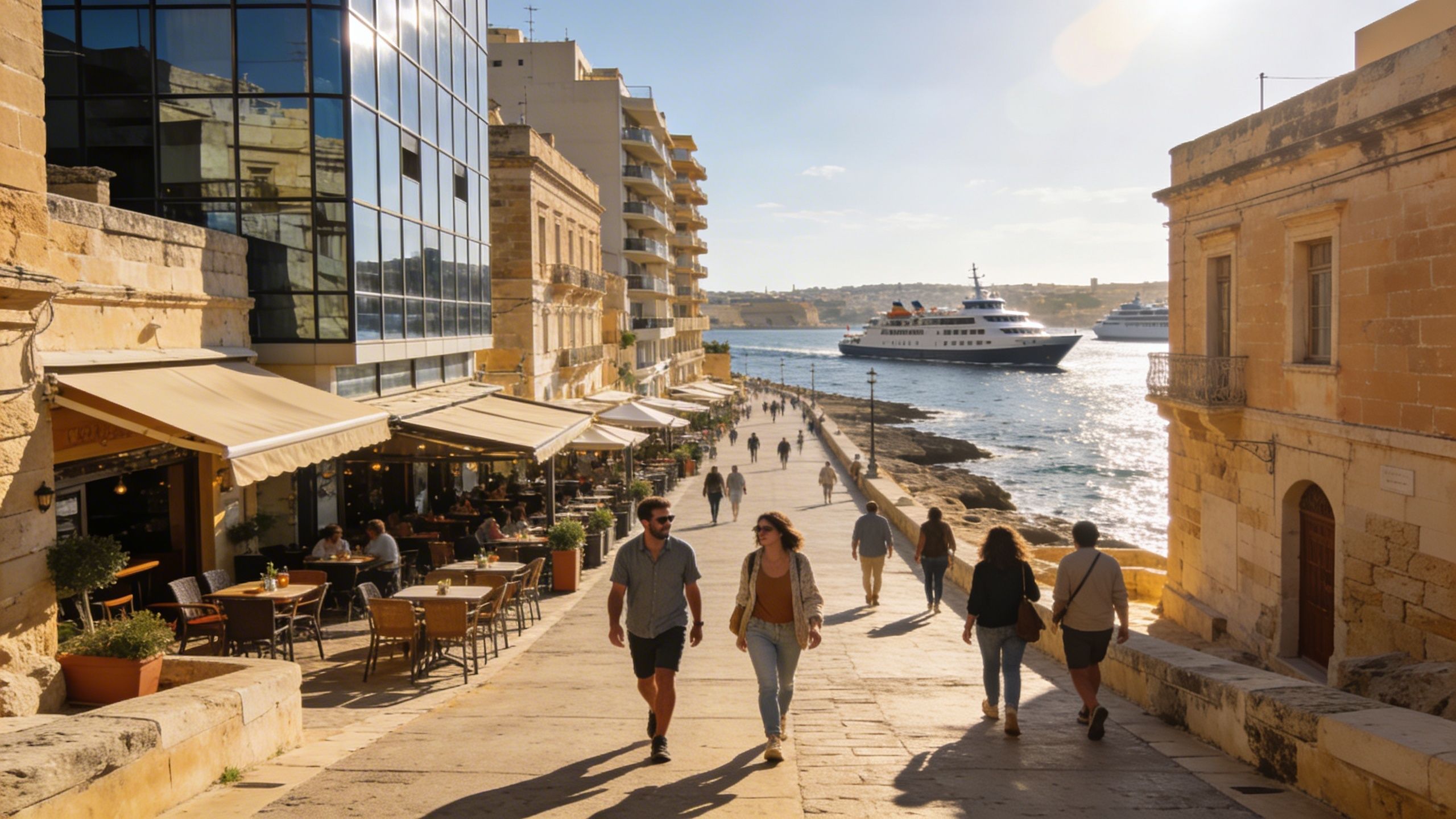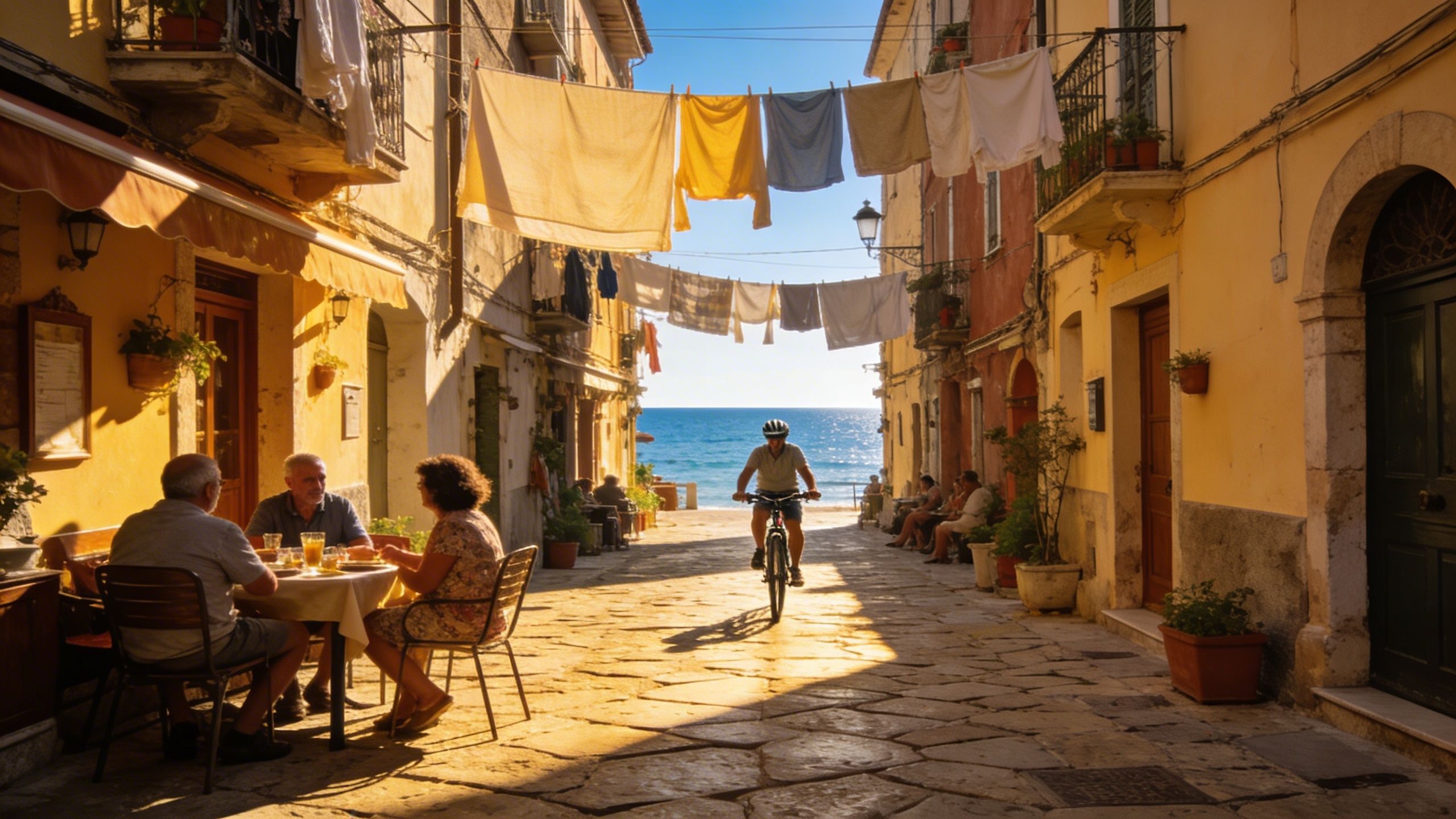France: Lifestyle Choices, Costs and Buying Steps
Pair lifestyle scenes—markets, cafes, coastal rhythms—with research on taxes, prices and buying steps to evaluate emerging French regions for a move or investment.
Imagine starting a morning in Lyon with a coffee by a riverbank market, then crossing to a Breton beach for an evening walk. France moves at different paces — from Parisian urgency to small-town afternoon calm — and that rhythm shapes where international buyers choose to live. This piece pairs the lived reality of French places with practical, research-backed guidance for buyers evaluating emerging regional opportunities.
Living the French Life: daily rhythms and neighbourhood character
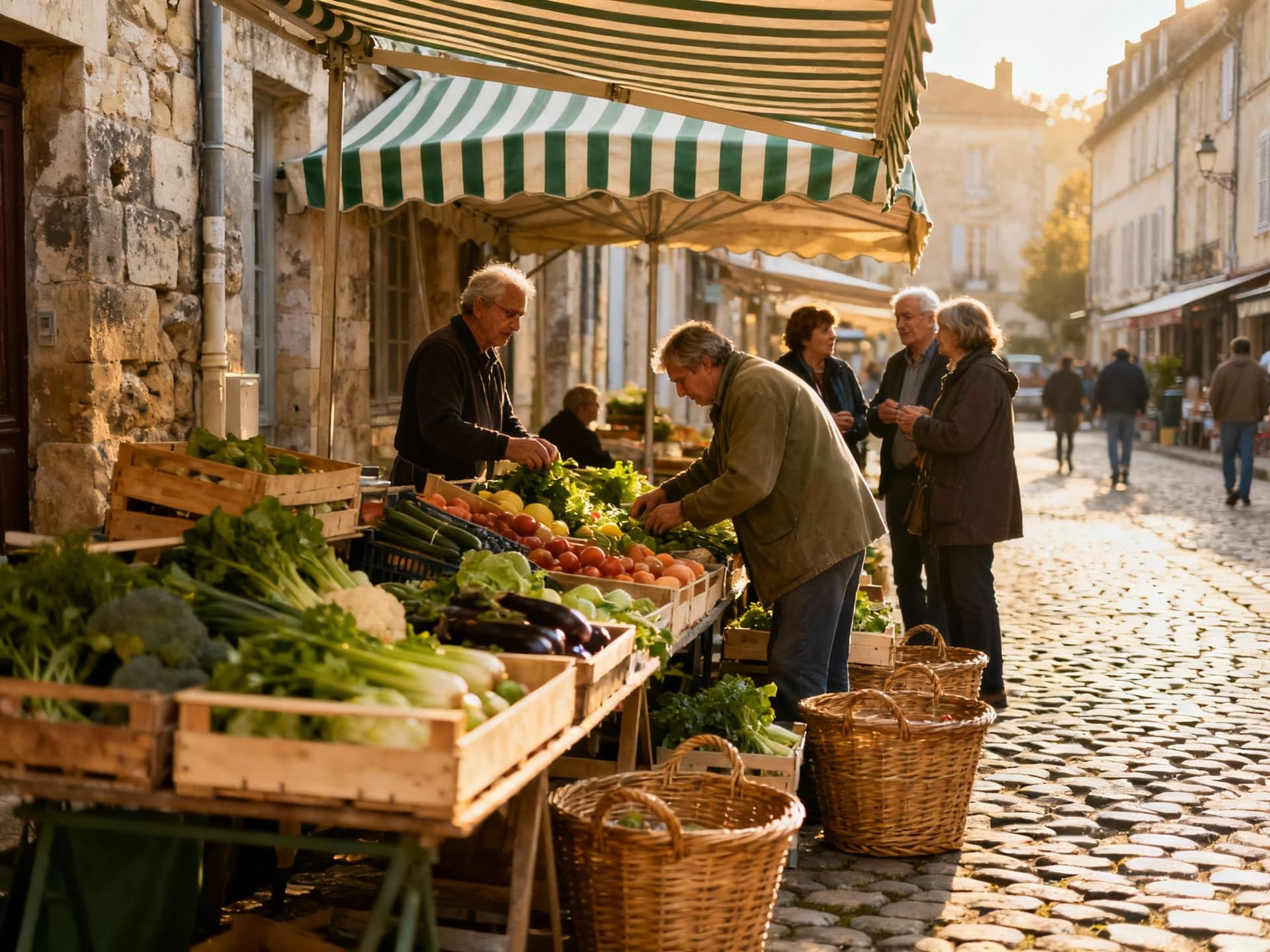
France is plural: city flats, coastal villas, vineyard estates and converted farmhouses all coexist within easy travel of one another. Daily life is site-specific — cafés dominate Parisian mornings, markets define town weekends in Provence, and portside promenades structure days on the Riviera. When choosing a region, match local tempo to your routine: cultural density favors cities, seasonal leisure favors coastal and rural areas.
Paris & Île‑de‑France: concentrated culture and transport
Paris remains Europe’s dense cultural node and appeals to buyers prioritising access to museums, international schools and consistent rental demand. Arrondissements vary: Le Marais and Saint‑Germain offer narrow streets and cafés; the 16th and 7th deliver more formal, residential addresses. Expect higher transaction costs, stringent building regulations for historic façades, and a market sensitive to short-term interest rate moves.
Provence, Occitanie & the Riviera: seasonal life and year‑round communities
From Aix-en-Provence markets to Menton’s sheltered coves, southern regions offer outdoor living, farmers’ markets and a strong second‑home culture. Coastal towns see high seasonality — tourism raises short-term rental potential but also servicing costs and local regulation. Inland Provence and Languedoc attract buyers seeking quieter year‑round communities with lower entry prices than the Côte d’Azur.
- Lifestyle highlights: Marché des Capucins (Bordeaux), Plage de l'Espiguette (Camargue), Café Charbon (Paris 10e), Rue des Lices market (Saint‑Tropez), Canal Saint‑Martin promenades.
Making the move: practical considerations that shape lifestyle choices
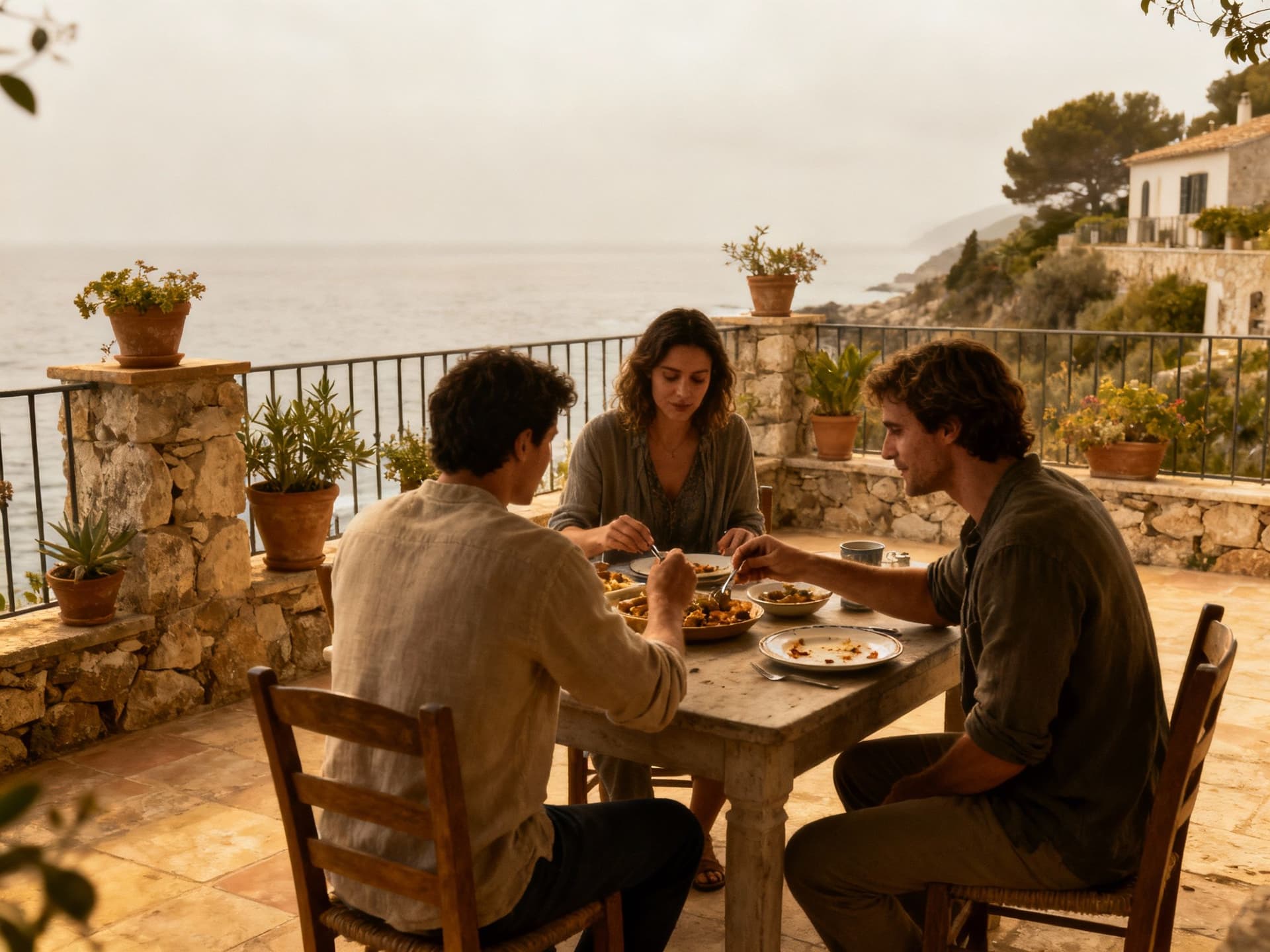
Lifestyle choices must be set against taxation, transaction costs and local regulation. France applies specific rules for non-resident sellers and buyers; capital gains and social levies can materially alter long‑term returns. Use official sources to estimate taxes early and let those figures guide location and property-type decisions.
Property types and how they affect daily life
Apartments in city centres offer connectivity and services but come with copropriété rules, monthly charges and less private outdoor space. Village houses and country estates deliver land and privacy but require active maintenance and, often, renovation expertise. Match the property shell to how you intend to live: host frequently, rent out, or settle permanently.
Working with local experts who understand lifestyle and law
- 1. Engage a notaire early to review title, servitudes and preliminary contracts. 2. Use an English‑speaking chartered accountant to model taxes for non‑residents. 3. Ask agents for evidence of local lettings rules and recent neighbourhood transaction prices. 4. Commission a surveyor for structural and renovation estimates before exchange. 5. Confirm local utilities, insurance and maintenance costs tied to the property type.
Insider knowledge: what expats wish they’d known before relocating
Experienced expats emphasise three realities: regional variation is large, administrative processes take time, and local social life matters as much as the property. Recent INSEE data shows price stability then a rebound in early 2025, underscoring the need to avoid timing-based speculation. Treat the move as a medium‑term life decision, not a short‑term trade.
Cultural integration and daily logistics
Language accelerates access to services; even modest French opens doors in smaller towns. Public services are reliable but can be procedural — expect paperwork and appointments for healthcare registration, utilities and residency steps. Local clubs, market stalls and weekly cafés are the most effective routes to community.
Long‑term lifestyle sustainability
Consider accessibility to healthcare, transport links and year‑round services when choosing a second home. Proximity to regional centres preserves resale and rental flexibility. For countryside buys, budget for ongoing maintenance and seasonal insurance considerations; for coastal buys, check local protections and flood risk disclosures.
- Practical next steps: research, inspect, decide • Compile municipal plans and recent sales for your target communes. • Obtain pre‑approval from French or international lenders to understand borrowing capacity. • Commission local surveys and verify tax regimes with an accountant. • Request a formal summary of copropriété charges where applicable. • Negotiate clear clauses for deposits, timelines and condition precedents in the compromis de vente.
France offers a durable mix of lifestyle variety and regulated markets. If your aim is a life change — seasonal, semi‑permanent or permanent — pair a clear lifestyle brief with disciplined due diligence. A local agent and legal team will not sell the dream; they will set the conditions that let you live it with clarity.
Swedish expat who moved from Stockholm to Marbella in 2018. Specializes in cross-border legal navigation and residency considerations for Scandinavian buyers.
